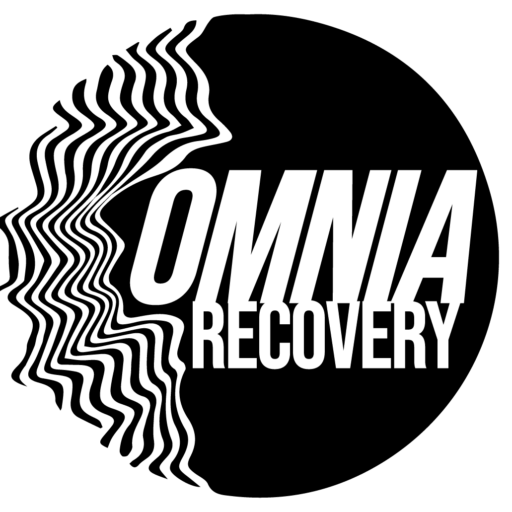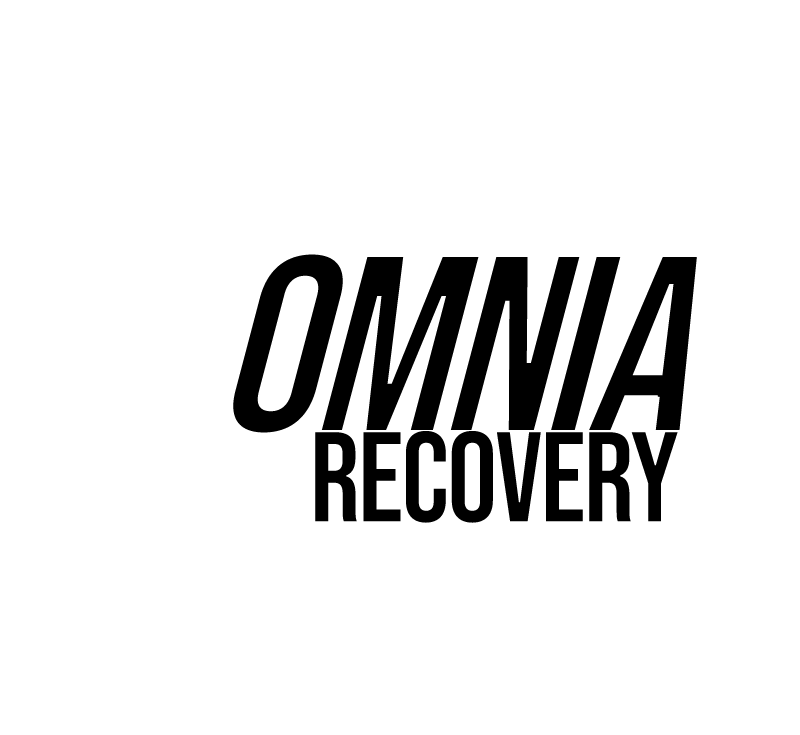Understanding the nuances of various conditions is crucial in the intricate landscape of mental health. One such aspect that plays a significant role in bipolar disorder is a manic episode.
Omnia Recovery offers mental health treatment in Thousand Oaks. If you or a loved one are experiencing symptoms related to a manic episode, call our admissions team today and learn more about how we can help.
Defining a Manic Episode
A manic episode is a distinct period of abnormally elevated, expansive, or irritable mood, accompanied by increased energy, goal-directed activity, and a range of other symptoms. This intense emotional state goes beyond the typical fluctuations in mood that individuals experience and is a defining feature of bipolar disorder.
Contact our behavioral health services in Los Angeles today to learn more about how Omnia Recovery can help with treatment.
Characteristics of a Manic Episode
- Elevated Mood: The primary characteristic of a manic episode is an elevated mood that is beyond what is considered normal. This euphoria can lead individuals to feel invincible, excessively confident, and even grandiose in their beliefs and abilities.
- Increased Energy: Manic episodes are often marked by a surge in energy levels. Individuals may find themselves engaging in activities for extended periods without feeling fatigued, sometimes taking on multiple tasks simultaneously.
- Decreased Need for Sleep: A common feature of mania is a reduced need for sleep. During a manic episode, individuals may feel rested and alert with significantly less sleep than usual, sometimes even going days without feeling tired.
- Racing Thoughts: Thoughts during a manic episode may race at an accelerated pace, making it challenging for individuals to concentrate or stay focused on a single task. This heightened mental activity can contribute to impulsive decision-making.
- Impulsivity: Impulsivity is a hallmark of mania, leading individuals to engage in risky behaviors without considering the consequences. This can manifest in reckless spending, impulsive sexual encounters, or making hasty decisions that may have long-term repercussions.
How Does a Manic Episode Connect to Bipolar Disorder
Manic episodes are a key component of bipolar disorder, a mental health condition characterized by cycling between periods of mania and depression. Bipolar disorder is classified into several subtypes, with Bipolar I Disorder being characterized by the presence of manic episodes that last for at least seven days, often accompanied by depressive episodes.
It’s important to note that not everyone who experiences a manic episode has bipolar disorder. Other conditions, such as schizoaffective disorder or certain medical conditions, can also present with manic-like symptoms. Proper diagnosis and evaluation by a mental health professional are crucial to distinguish between different disorders and develop an appropriate treatment plan.
Treatment and Management Options at Omnia Recovery
The management of a manic episode often involves a comprehensive approach that may include psychotherapy, medication, and lifestyle changes. Mood stabilizers, antipsychotics, and sometimes antidepressants are commonly prescribed to help regulate mood and manage symptoms.
Psychotherapy, such as cognitive-behavioral therapy (CBT) or dialectical behavior therapy (DBT), can be instrumental in helping individuals recognize and manage their symptoms, develop coping strategies, and establish healthier thought patterns.
Support from loved ones and a strong social support system are also vital components of managing bipolar disorder. Educating family and friends about the condition can foster understanding and empathy, creating a more supportive environment for those navigating the challenges of bipolar disorder.
If you are searching for dual diagnosis treatment in Los Angeles, Omnia Recovery can help.
Treatment For Bipolar Disorder and Manic Episodes at Omnia Recovery
By unraveling what a manic episode is, we gain insight into a critical aspect of bipolar disorder. Recognizing the characteristics of a manic episode and understanding its connection to bipolar disorder is essential for individuals, their loved ones, and the broader community. By fostering awareness and providing support, we contribute to a more compassionate and informed approach to mental health, ultimately helping those affected by bipolar disorder lead fulfilling and balanced lives.
If you or someone you know is experiencing symptoms of bipolar disorder or a manic episode, it’s crucial to seek professional help for an accurate diagnosis and appropriate treatment. Omnia Recovery is committed to providing comprehensive mental health support, and our team of experts is ready to assist on the journey toward recovery.




